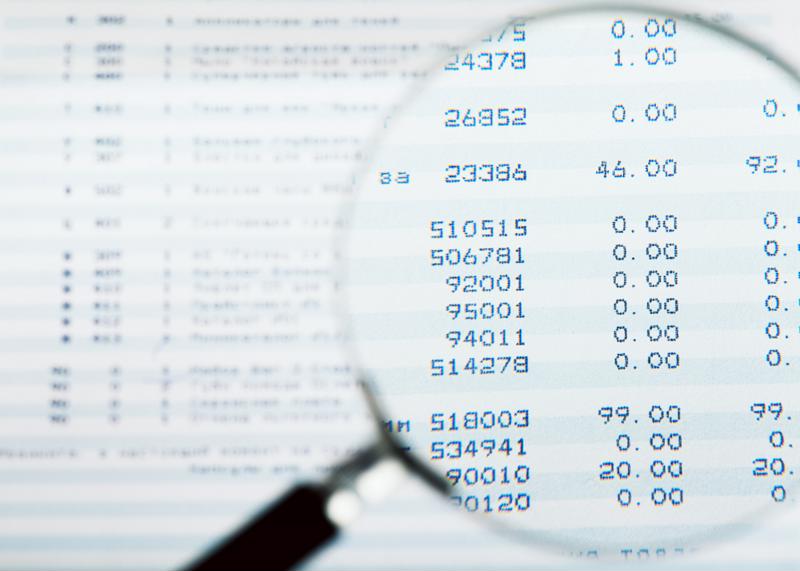Starting a business on your own can be expensive. You’ll need to be able to purchase supplies to build your product or provide your service. Depending on the type of company you run, you may also need money for employees and a location. You’ll contribute your finances to start, but once you’ve set up shop, keeping your personal and business banking accounts separate is crucial.
“You should have three separate accounts – personal, retirement and business.”
Protecting Yourself
When you venture into self-employment, you may need to reduce your spending. However, that doesn’t mean reducing what you use in your personal lifeand putting it toward your business, Entrepreneur explained. Saving enough money to get by will land you in trouble if your company doesn’t do as well as you’d hoped. Before you begin your entrepreneurial endeavors, you should have three separate accounts – personal, retirement, and business. You need to have money to fall back on, just in case.
However, you don’t have to separate them. You can keep them at the same community bank instead of choosing two separate ones. Having all your accounts in one location can benefit you personally and professionally. You may have a better relationship with your financial institution if you manage your money well. They’ll see you know how to save and be more willing to help if you need commercial loans.
Maintaining Professionalism in the Public Eye
Keeping your business and personal accounts separate will also help with taxes. Withdrawing from your finances can interfere with your company’s cash flow and records, the U.S. Small Business Association explained. The IRS requires that your money be separate from your business’s supply, and you must keep detailed accounts of your revenue and expenses. It’ll also make it easier come tax season. If you aren’t sure where the cash came from, you could run into problems with the government.
 Keeping a close eye on where your money is coming from will protect you from an IRS investigation if problems arise.
Keeping a close eye on where your money is coming from will protect you from an IRS investigation if problems arise.You’ll also appear more professional to your clients and suppliers if you have separate accounts. They may not think you’re a legitimate business if they receive payments from your finances. It may also affect your getting paid on time and correctly. However, ensuring you have checked in your company’s name will create a professional persona for you and your organization.
While you’ll have to start your business using your finances, you should put enough aside not to affect your living situation. Keeping your company and personal accounts separate will ensure you don’t run into any trouble.
Keep Premier Bank Accounts at First United Bank & Trust
Whether you need a personal account or business banking solutions, First United Bank & Trust is your ideal team of banking experts to help guide your finances. Contact us or find your nearest branch online to set up your accounts today!


